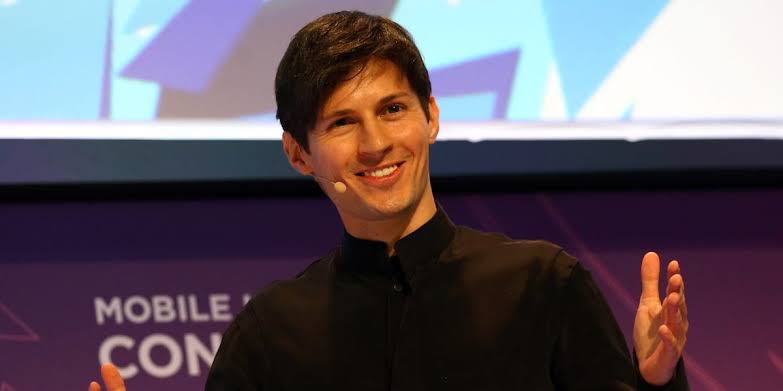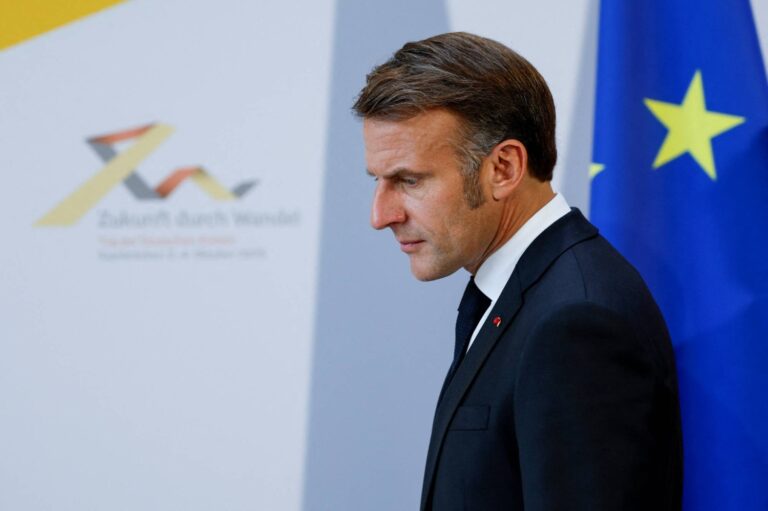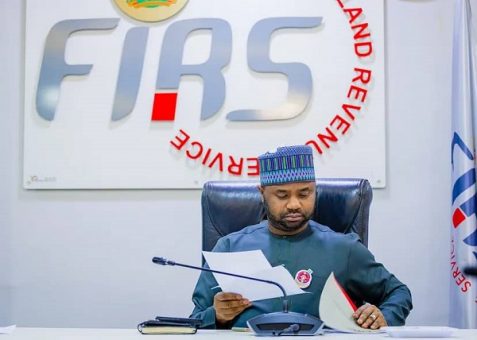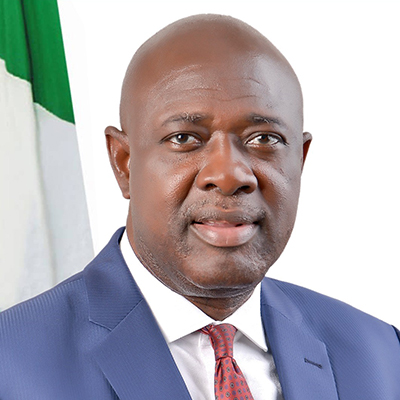
Telegram founder Pavel Durov’s questioning in France has drawn global attention as authorities investigate concerns about illegal content on the popular messaging platform. Officials claim the platform spreads harmful material, prompting calls for stronger regulation to prevent the app from becoming a tool for crime and misinformation.
The investigation targets the spread of content linked to illegal activities, including extremist propaganda, criminal networks, and material deemed a threat to public safety. Authorities insist platforms like Telegram must enforce stricter monitoring and collaborate closely with regulators. This probe highlights rising concerns about social media’s influence on security.
Durov defended Telegram, explaining that the platform already uses technology to monitor and restrict harmful content. He emphasized that the app values privacy while respecting the laws of countries where it operates. He added that Telegram cooperates with governments on legitimate security concerns and prioritizes user safety. Supporters argue the questioning is politically motivated and risks limiting free speech.
Officials stress that the case focuses on holding companies accountable, not restricting freedom of expression. They insist social media platforms cannot ignore criminal activity. Authorities urge greater transparency and cooperation with law enforcement, warning that harmful groups will continue exploiting online spaces without strict oversight.
Telegram’s rapid growth has made it popular worldwide. Its encrypted features attract users seeking privacy, but regulators face challenges managing dangerous content. Critics say the platform sometimes fails to act quickly against threats. Lawmakers in France and across Europe now call for tougher digital service regulations.
Governments worldwide debate how best to regulate online platforms. Some argue apps like Telegram and WhatsApp provide safe channels for criminals to plan illegal acts, while others insist privacy remains a fundamental right. The challenge lies in balancing security needs with individual freedoms.
Civil rights groups warn that over-regulation could harm digital freedom and urge authorities to avoid policies restricting legitimate speech. Security experts counter that unchecked platforms may increase radicalization, fraud, and cybercrime. Both sides agree that finding the right balance is essential.
Durov’s questioning signals growing pressure on tech executives to accept more responsibility. Governments want assurances that citizens will not be exposed to extremist propaganda or dangerous criminal activity online. Many believe this moment could shape digital regulation across Europe.
Supporters maintain Durov remains committed to protecting both user privacy and safety. They believe cooperating with regulators will strengthen Telegram’s credibility and preserve its global reputation. At the same time, they stress that freedom of communication must remain uncompromised.
In conclusion, the Telegram founder’s questioning in France highlights the global debate over regulating digital platforms. Authorities seek stronger accountability, while supporters defend privacy and free speech. The outcome could influence how governments balance security with digital freedom in the years ahead.



